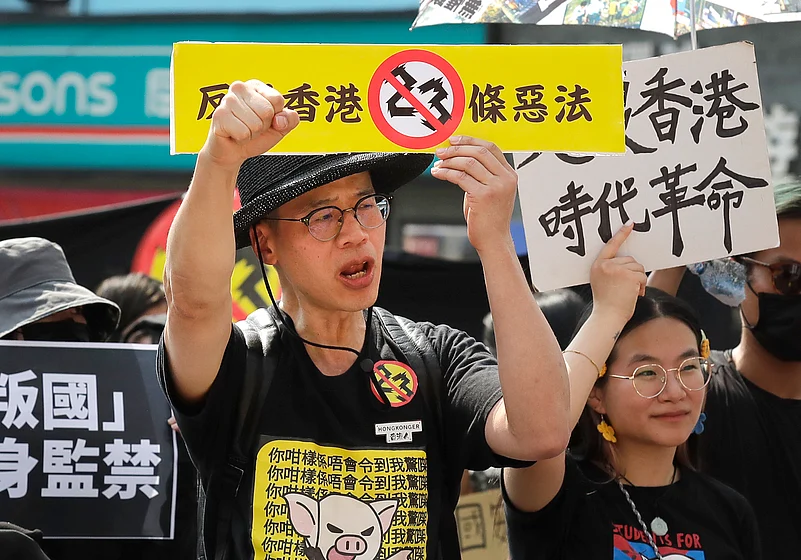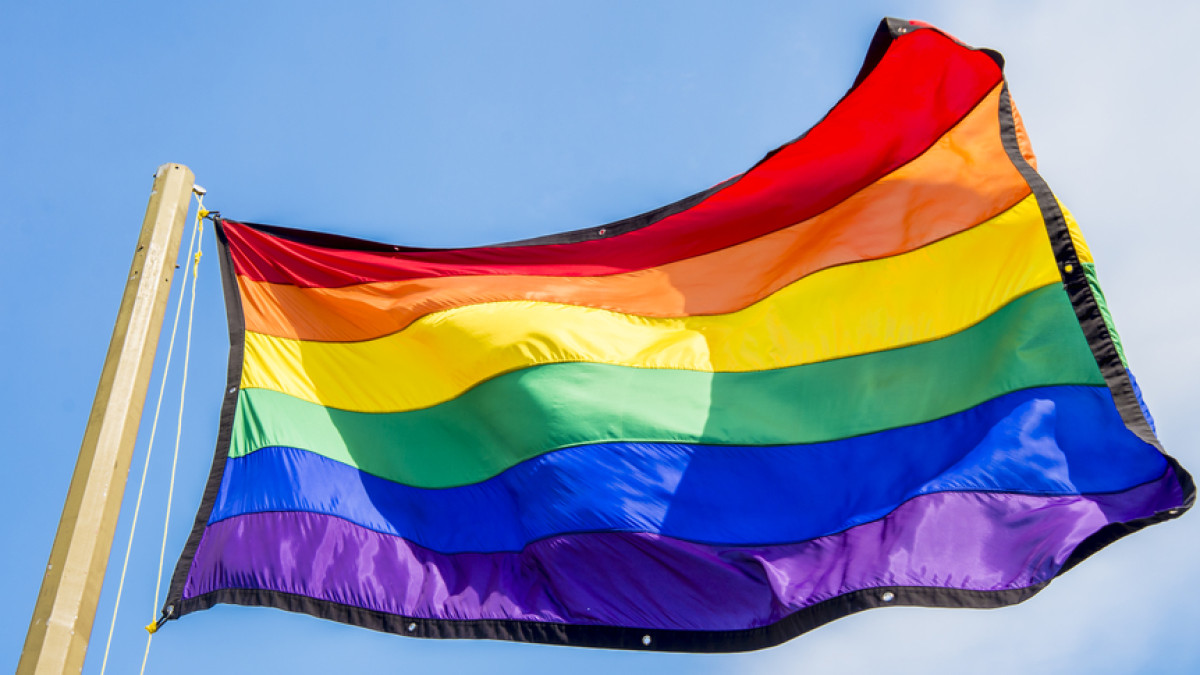For years, the streets of Hong Kong have been a battleground for a profound struggle – a fight for democracy, autonomy, and preservation of civil liberties. The pro-democracy protests in Hong Kong have roots that stretch back to the 2014 Umbrella Movement, when tens of thousands of citizens occupied major roads and intersections, demanding genuine universal suffrage and democratic reforms. Their umbrellas, used as shields against police pepper spray, became a powerful symbol of peaceful resistance.
The Umbrella Movement of 2014
This massive civil disobedience movement began as protests against a decision by the Chinese government to pre-screen candidates for Hong Kong's chief executive elections. Students and activists occupied major roads and set up protest camps, using umbrellas as shields against police pepper spray, giving the movement its name. The 79-day protests failed to achieve their demands for genuine universal suffrage but galvanized Hong Kong's pro-democracy movement.
The Movement in 2014 saw key activists like Joshua Wong, co-founder of the Demosisto pro-democracy group, jailed multiple times for charges relating to unlawful assembly. Nathan Law, who was then a legislator, was also imprisoned for inciting protesters during the demonstrations.
Anti-Extradition Law Protest of 2019
The movement began as protests against a proposed extradition law that would have allowed criminal suspects to be transferred to mainland China and soon escalated into a broader pro-democracy movement. Protesters demanded the withdrawal of the bill, an independent inquiry into police conduct, amnesty for arrested protesters, and the implementation of genuine universal suffrage, among other demands.
The 2019 anti-extradition protests saw a harsh crackdown by authorities on prominent pro-democracy figures. Jimmy Lai, a wealthy media tycoon and outspoken activist, was jailed for unauthorized assembly during the unrest. Martin Lee, an 82-year-old veteran of Hong Kong's democratic movement since the British colonial era, was also sentenced amid the widespread arrests of protesters and opposition figures.
Airport Protests of August 2019
Pro-democracy protesters occupied the arrival and departure areas of Hong Kong International Airport for several days in August 2019, leading to the cancellation of hundreds of flights and disrupting one of the world's busiest transport hubs. The protests aimed to draw global attention to their cause and put pressure on the government.
Polytechnic University Siege in November 2019
A two-week standoff between police and protesters at the Hong Kong Polytechnic University campus saw protesters firing petrol bombs and arrows while police responded with tear gas and water cannons. The siege ended with over 1,000 arrests and drew criticism from human rights groups over the police's heavy-handed tactics.
National Security Law Protests in 2020
The imposition of a sweeping national security law by China in 2020 sparked renewed protests in Hong Kong, as residents feared it would be used to crack down on dissent and erode the city's autonomy and civil liberties. The law criminalized acts of secession, subversion, terrorism, and collusion with foreign forces.
Beijing's heavy-handed crackdown on dissent saw veteran activists like Leung Kwok-hung, known as "Long Hair," charged under the draconian national security law. The legislation has been used to stifle pro-democracy voices. Tong Ying-kit, meanwhile, became the first person convicted under the law for the crime of inciting secession during protests. His heavy sentence of over 9 years in prison underscored authorities' zero-tolerance approach.
Mass Resignations of Pro-Democracy Lawmakers in 2020
In protest against the dismissal of four pro-democracy legislators by the Hong Kong government, all remaining pro-democracy lawmakers resigned en masse in November 2020, leaving the Legislative Council without an opposition voice and further undermining the city's already-fragile democratic institutions.
2022 Vigil Crackdown
Authorities banned the annual Tiananmen Square vigil for the third consecutive year, arresting several activists and further stifling Hong Kong's pro-democracy movement.




























